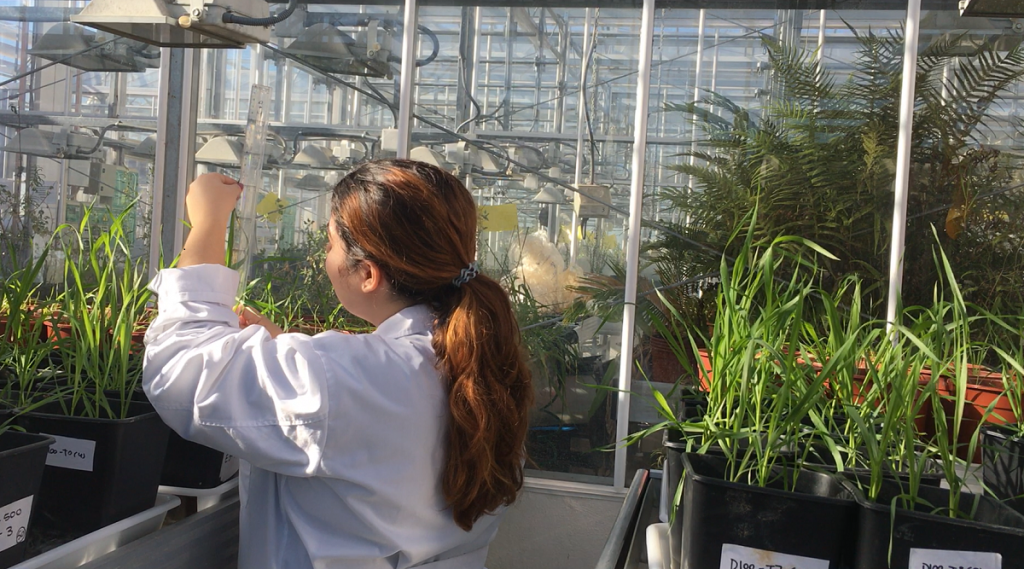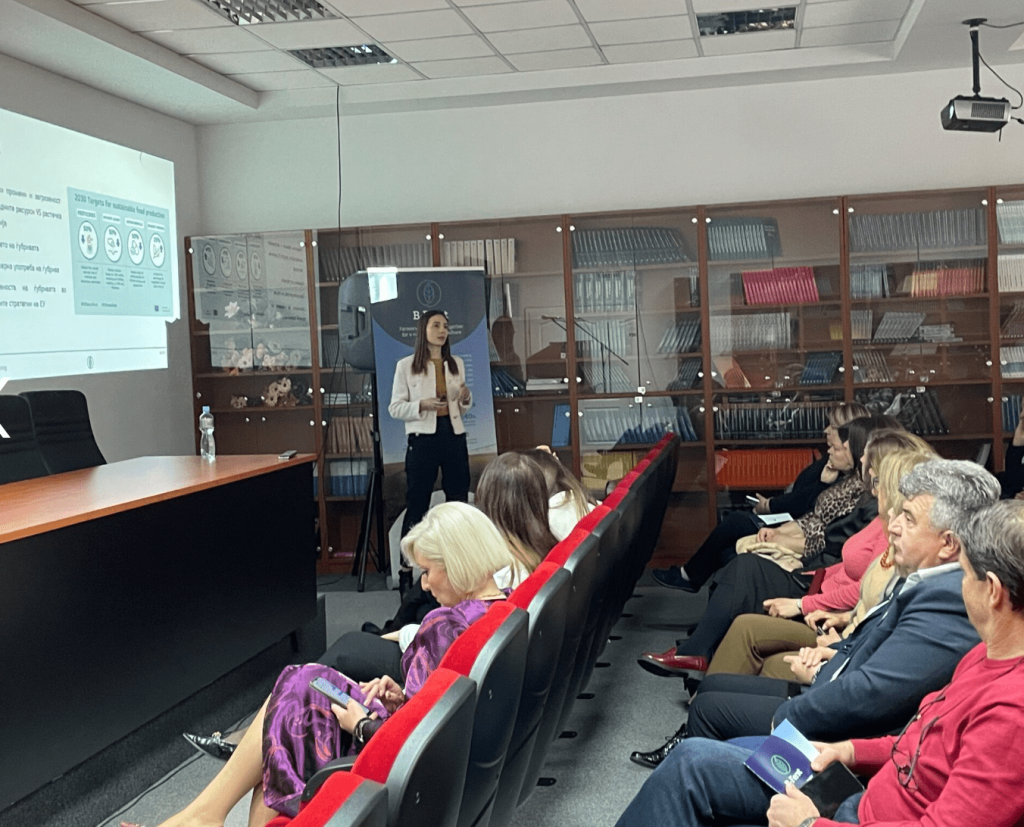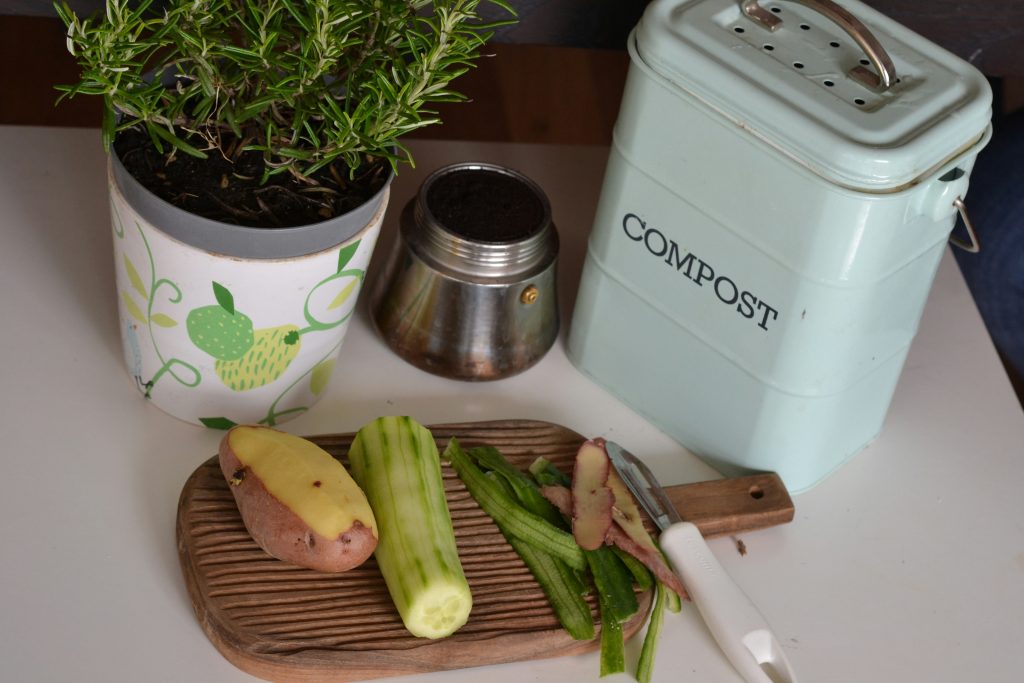NEWS - 02 February 2021
New year, new resolutions for B-Ferst. And also time to take stock of the path done and the results achieved
Despite more than a year and a half passed since the beginning of the project, B-Ferst is quite new on the bio-based scene. First steps focused on researching and testing bio-based components in real sites, engaging with farmers, and developing business and environmental analysis.
During the past months, we classified several bio-waste samples for our researches, and completed the preliminary work for the construction of a phosphorus recovery system, to create new cross‐sector links in the bio-based economy and new bio-based value chains.
We performed the development of the demo scale designs for biostimulants and enhanced bio-based fertiliser production. The demo plants will be built in the next months. Also, the phosphate extraction process from ashes has been fully designed. Concerning the formulation and optimization of complex NPK fertilisers with bio-based materials, granulation tests were successful in terms of compatibility of the bio-based materials.
A prominent activity in B-Ferst is the engagement with its stakeholders, like public bodies, farmers, distributors and consultants, providers of raw materials for the new fertiliser products, fertilizer industry etc. During the last months, we held a series of online meetings for each demo site, to fine-tune the strategy and align the expectations with them. Also, we held greenhouse trials to test the behaviour of new fertilizers under controlled conditions.
A dry-run demo was made using the data obtained in a fertiliser test conducted in Carmona (Sevilla) in 2017. The results show that remote sensing techniques are a valuable tool to complement the results of classic field samplings. This confirms our strategy for the performance assessment of the new fertilizers in the upcoming field trials at a commercial plot scale.
Another key activity was the development of business and investments models. A starting point was the design and the establishment of a formal system for project data gathering and assessment. We are also preparing the Fertiliser market analysis, which is mainly comprised of a secondary and primary analysis of the fertiliser market. The secondary analysis mainly includes information about market size and growth, trends, and industry structure for the selected regions and countries. The primary market analysis, on the other hand, is focused on understanding consumers’ behaviour with regard to acceptance of the new bio-based products created within the B-FERST project.
Finally, in the sustainability assessment, we analysed the environmental and social impacts of the newly developed fertilising products throughout their life cycle. One of the aims is to assess whether a shift to bio-based fertilisers would bring benefits to the environment, compared to still using conventional fertilisers. Data collection is ongoing, and we have started to calculate environmental impacts.



